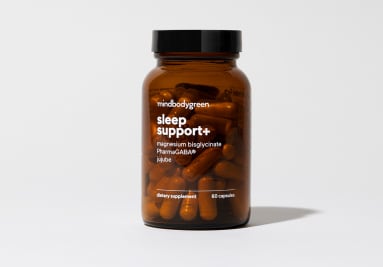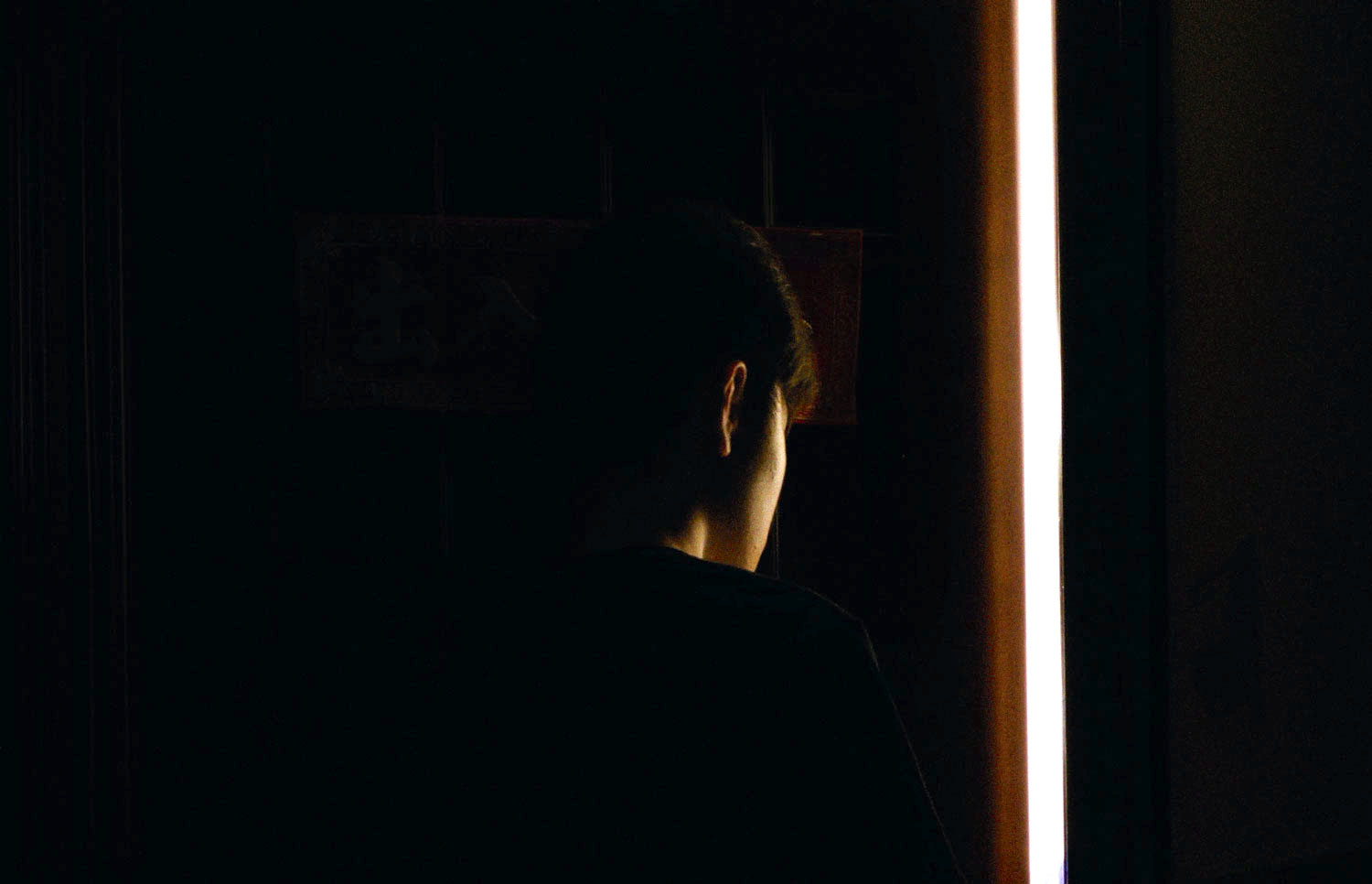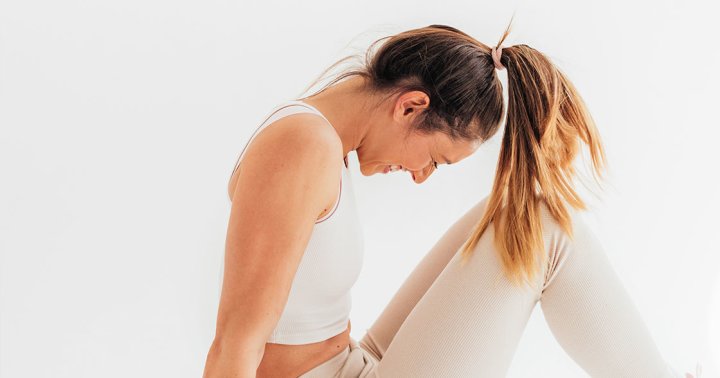4 Ways To Actually Feel Less Groggy In The Morning (Night Owl-Approved)
They help me wake up on (or at least, closer to) the right side of the bed.

Image by THAIS VARELA / Stocksy June 6, 2023 Our editors have independently chosen the products listed on this page. If you purchase something mentioned in this article, we may To everyone who has ever had to interact with me before 8 a.m.: I apologize. Try as I might to become a morning person, I'm learning to accept that I'll never be one to jump out of bed at the crack of dawn ready to meditate, exercise, and journal before my morning calls. Instead, I'm setting a more realistic goal for myself: Get my day started with minimal grogginess. Luckily, I'm a health editor, so I get to pick the brains of sleep and energy experts for a living. Over the past few years, I've gathered little crumbs from our conversations to help in my pursuit of less painful mornings. And today, I'm sharing four tips that have actually helped me wake up on (or at least, closer to) the right side of the bed:
Advertisement
This ad is displayed using third party content and we do not control its accessibility features.
1. Your sleep chronotype dictates your ideal sleep-wake window. As circadian rhythm researcher Sofia Axelrod, Ph.D. explained to me, those who have a chronotype that's longer than 24 hours naturally want to stay up later and sleep in later, while those with shorter chronotypes are happy waking up early and going to bed early. I definitely fall somewhere on the longer chronotype side. However, my work schedule isn't conducive to sleeping in too late, so I've had to make some compromises. After tracking my sleep with an Oura ring, I've found that I have my best sleep quality (most time spent in REM and deep sleep) when I'm asleep by 11:30 p.m. and up by 8:00 a.m. It's not going to be an ideal window for everyone, but for me, it's a sweet spot between my body's natural schedule and my work schedule. On nights when I'm able to sleep during these hours, I feel much better in the morning. If you don't use a sleep tracker, you can also measure your chronotype the old-fashioned way. The next time you have a few days when you don't have to wake up at a certain time, see what time your body naturally gets tired and wakes up when you don't set an alarm. (Going camping is a great way to discover your natural rhythm too.) 2. If there's one thing working with sleep experts has taught me, it's that spending eight hours in bed is not the same as getting eight hours of good sleep. People might think they're spending enough time snoozing every night, but actually, clock very little time in deeper sleep stages (where the most rest and recovery happens). Shallow sleep translates to sleepy mornings, so I've learned to prioritize sleep quality above all else. Everyone's different, but I've found I personally get my deepest sleep on days that I don't drink alcohol, get strenuous exercise in, and avoid stimulating books and TV before bed. I also noticed a huge difference in my sleep quality when I started taking mindbodygreen's sleep support+ supplement. From the first few nights I took it, the combination of magnesium bisglycinate, jujube, and PharmaGABA® helped me clock more time in deep sleep stages and wake up feeling noticeably more well-rested (and this was at the height of the pandemic, no less.) The sleep aid is still part of my bedtime routine and I appreciate that, unlike hormonal options like melatonin, it's safe to take nightly and doesn't leave me waking up in a fog.* This ad is displayed using third party content and we do not control its accessibility features. With the encouragement of sleep specialists, I've been experimenting with different alarm clocks designed to wake me up more gently. "It's optimal to wake up gradually, which is what nature intended. The sun doesn't just pop up out of the sky; it rises slowly, and so should we," nurse practitioner Victoria Albina, N.P., MPH, previously told mindbodygreen. This is important, she explained, because being awakened too quickly can make "sleep inertia"—that groggy state somewhere between awake and asleep—feel even worse. Pressing the snooze button on repeat (guilty) can have a similar effect. I've tried a few sunrise-mimicking alarm clocks to wake myself up gradually, but since I'm a deep sleeper and I sleep with an eye mask on, they haven't quite worked for me. I have my eye on these expert-approved alarm clocks for heavy sleepers next. 4. Even if I do everything "right," there are still bound to be mornings when I get out of bed feeling out of sorts. When that happens, I've learned to head outside (or at least, to a window) right away to get some sunlight to wake up my system. This alone usually helps me feel alert enough to handle my morning to-do's before reaching for my first cup of coffee about 1-2 hours into the day. This summer, I'm working my way up to taking cold showers in the morning for a little extra jolt of energy. Sleep doctor Michael Breus, Ph.D. convinced me when he said that just a minute of cold exposure in the morning can be enough to wake you up and support your inflammatory response1 and mood 2at the same time. This ad is displayed using third party content and we do not control its accessibility features.Tend to your chronotype
Take a sleep-supporting supplement
Advertisement
Have an energizing backup
Advertisement
The takeaway
While I'm still not a ray of sunshine in the mornings, I'm not a storm cloud either thanks to these small tweaks. I hope they help you, too, feel a little more like yourself from the moment you wake up.

 Fransebas
Fransebas 

































